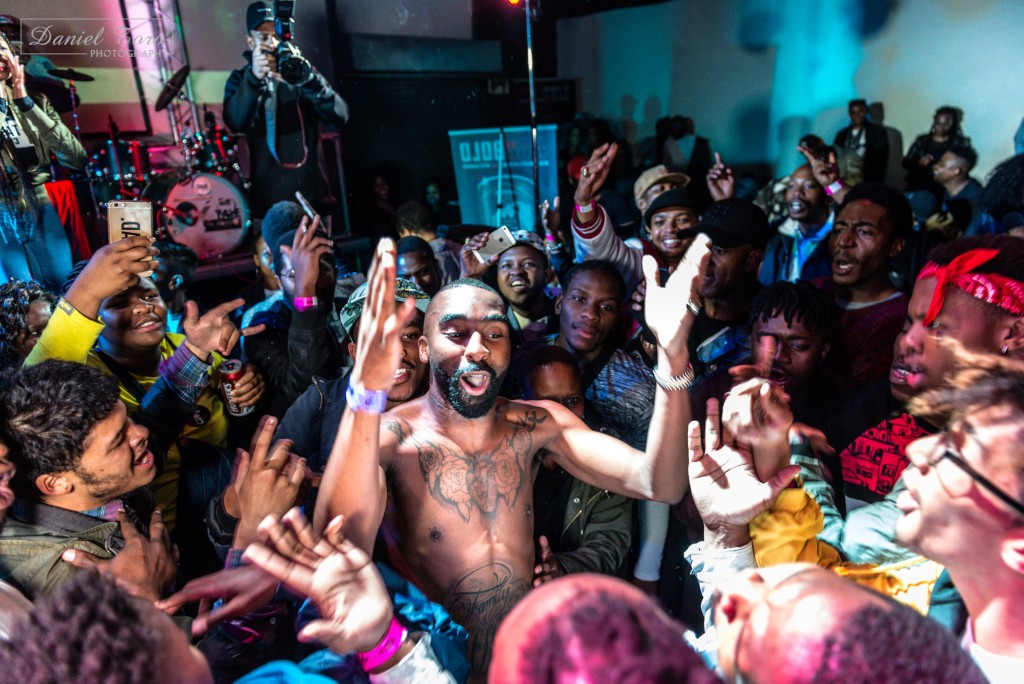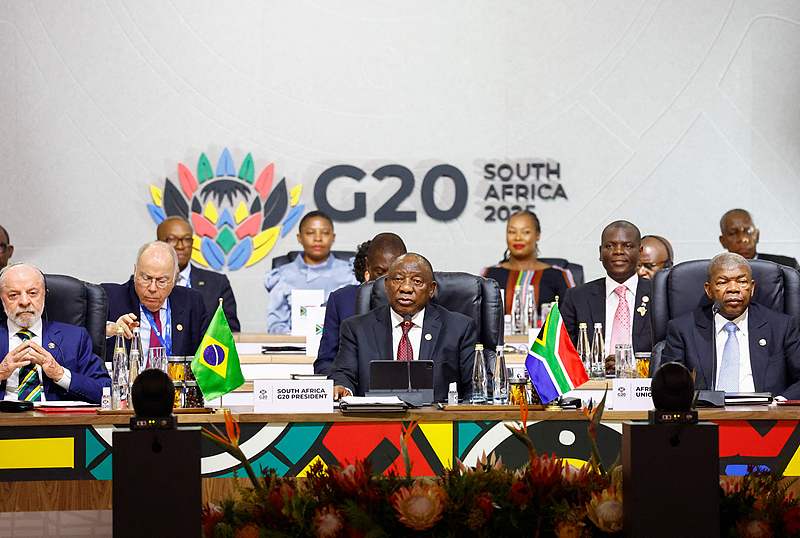
Hip hop: The voice of Africa’s youth

Following in the spirit of World Creativity and Innovation Week (April 15-21), a string of days in the calendar dedicated to encouraging and reminding people to use their imagination for social transformation, CGTN Africa spoke to expert hip hop professor Msia Kibona Clark on the rising trend of hip hop and what the genre means to Africa’s youth.
Rapping in African music is a tradition that stretches far back, and over time has enjoyed plenty of recapitulations and shifts. The modern trend, blended with the attitude of rap from the West, has recreated a neo-hip hop style – spreading throughout the continent with a brash energy and passion that has arguably kickstarted a musical and cultural revolution amongst Africa’s youth.
The frustration, anger, poverty, joy, and spirit which young rappers have expressed through their lyrics have transformed the minds of millions of African youth, who are able to relate to the messages and stories being told.
Professor Clark reminisces on the moment that she fell in love with this new and exciting movement, “I grew up in the 1980s, and became immediately absorbed in hip hop culture. It was still a counter-culture movement, and in Cleveland you could only hear it late Saturday on a radio show called Rappers Delight.
“I recorded each episode and wore those tapes out during the week. It was like hip hop was speaking to me and my experiences, more than anything before it.”
When it first hit the streets, hip hop was considered more than just another form of music. It became a transmitter of political and social commentary and everyone could relate to it in their own unique way. That trend still fits to this day, with many up and coming artists using the platform to express their opinions.
“Hip hop is an entire culture that is the lens through which many view the world,” states Professor Clark.
“Hip hop culture provides a platform through which one can express their feelings, tell their stories, and connect with fellow hip hop heads.”

In turn it brings people together to share their ideas, concerns and aspirations. It creates a more vocalised generation, who are politically expressive through the medium of song.
“In Africa, especially in countries and cities with serious hip hop communities, hip hop culture has become a tool to confront all sorts of things,” says Professor Clark.
“Hip hop artists in Cape Town have used [it] to confront both the apartheid and post-apartheid state, in Dakar they used it to mobilise youth to bring about regime change, and in Arusha youth use it as a tool of empowerment.”
Clark notes the importance of the trend, offering a community and space where young groups don’t have to censor themselves. It’s a space where youth can use their own “language” to communicate with one another, and connect with people from around the world.
“It [hip hop] has made them [Africa’s youth] realise that they can question or confront institutions and leaders that were previously seen as inaccessible, or taboo as topics of critique.”
For Professor Clark, hip hop is a useful tool for educating students on the power of creativity: “For almost any social, political, or economic lesson one wants to teach, there is a hip hop soundtrack that speaks to it. Whether one provides that soundtrack as a vehicle for critical analysis, or asks students to thoughtfully develop their own playlist, hip hop culture is full of ‘teachable moments’.”
With such a sudden rise in the hip hop scene, the genre has gained worldwide fans and become increasingly commercialised – blending with popular music. Professor Clark remains confident that those who are involved in the culture, will stay as loyal followers – just like jazz music has a core following today.
To many, hip hop will remain a counter-culture that captures the imagination and innovation of generations to come.






